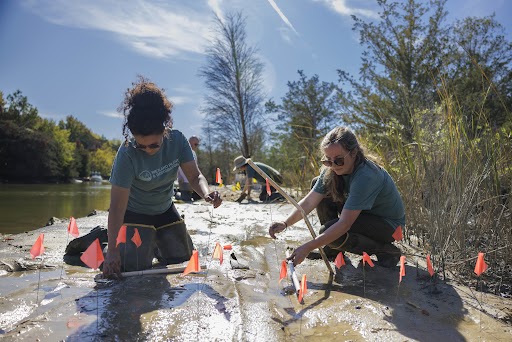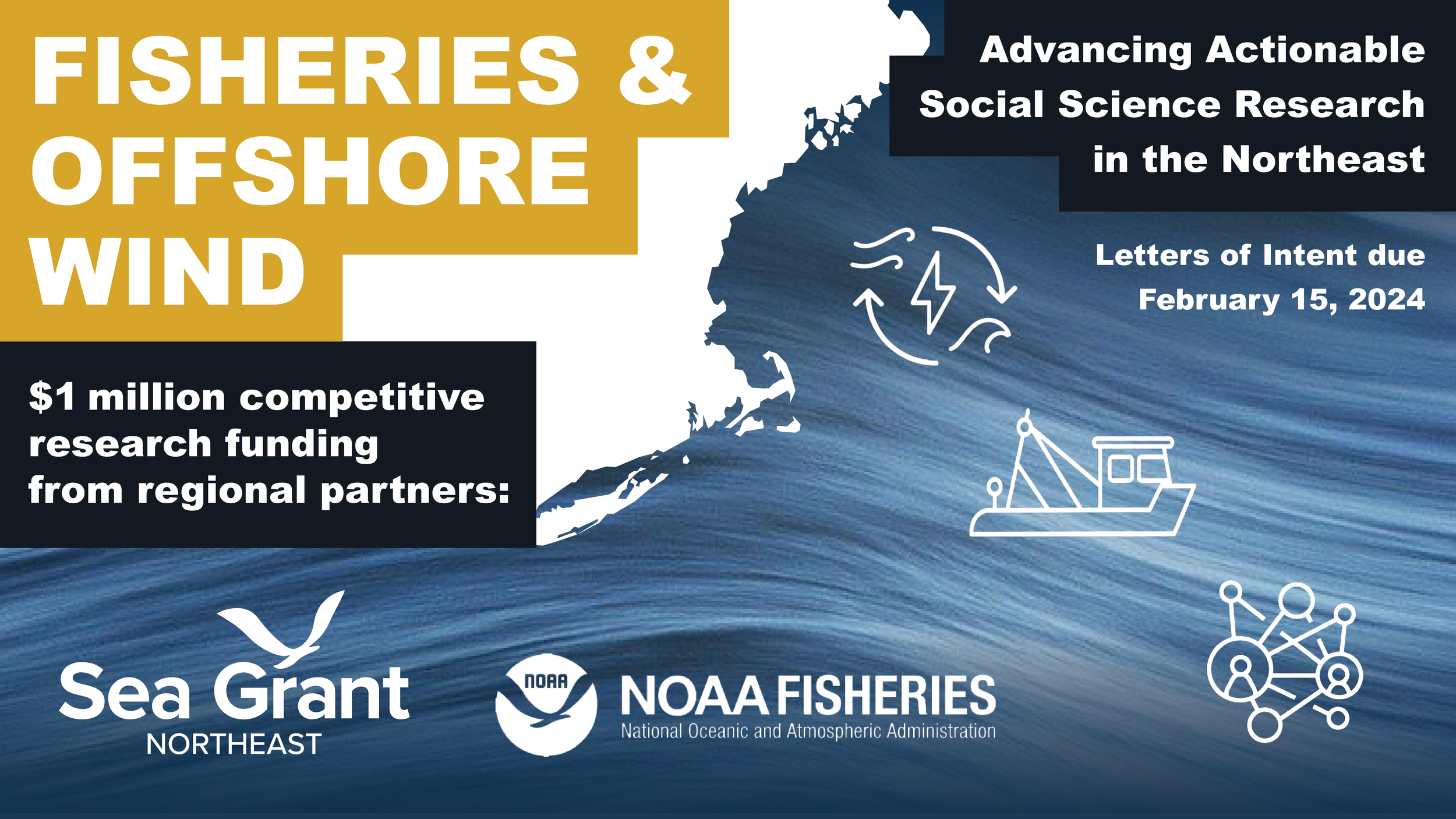Illinois-Indiana Sea Grant Aquatic Ecology Specialist
It’s Rip Current Preparedness Week, what is one thing everyone needs to know about rip currents?
Everyone needs to be informed about weather and consequently wave dynamics on the lake and in the nearshore zone.
What is something cool you learned while working on rip current outreach?
I learned that there is also concern for structural currents and high waves when we speak about public use of the waters.
What drove you to work on coastal hazards outreach?
The loss of shoreline due to wave and ice action and what communities do to reinforce their shoreline has always interested me however I did not think of public safety at the beaches, swim season, as being part of coastal hazards outreach. It’s a new way for me to think about an old problem.
What is your favorite part about being a Sea Grant Extension agent?
Being able to recognize when there is a niche to be filled and being allowed to take it on.
What is the biggest challenge you face at your job?
Relative to Sea Grant, I cannot think of a challenge.
What part of your job did you least expect to be doing?
When I first started, tourism was an area that was phased out of the program however it is now important and an area of consequence due to its relevance in workforce development, ecological restoration and the overall economy of the local coastal communities.
How did you get involved with Sea Grant? When did you join Sea Grant?
My actual contact with Sea Grant occurred in North Carolina. I officially joined Sea Grant in 1996.
When did you know you wanted to pursue a career in science?
I probably had an inkling that that would happen in elementary school. My parents were both involved in a scientific field which helped me garner interest in science. It wasn’t until high school when I started to seriously consider a career in the aquatic sciences.
What’s at the top of your recommended reading list for someone wanting to explore a career in science?
Sand County Almanac was a book my mother picked up for me. The book introduced me to responsible use of our surrounding natural resources or “land ethics”.
And how about a personal favorite book?
Michael Crichton books come to mind when you ask this question. The very first book that I read by this author was the Andromeda Strain. I didn’t go into this area of science but it did make me wonder about space and microorganisms.
Do you have an outside hobby?
Photography and needlepoint
What surprised you most about working at Sea Grant?
I am not sure if it surprises me but the Great Lakes Sea Grant Network that works together on system wide problems.
Be Current Smart: Are You Current Smart?
Be Current Smart: Educating Swimmers about Dangerous Currents in the Great Lakes
Rip Current Preparedness Week: To Catch a Current
Rip Current Preparedness Week: Spotlight on Minnesota Sea Grant Coastal Storms Outreach Coordinator Brent Schleck


